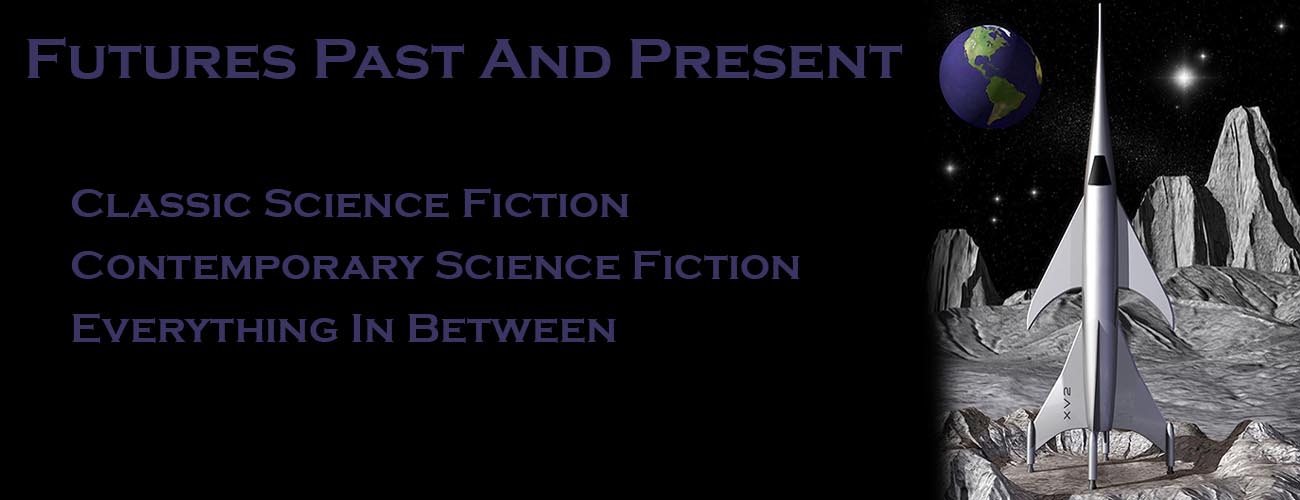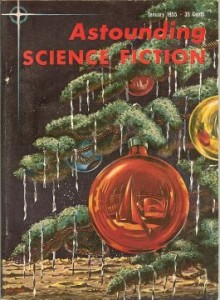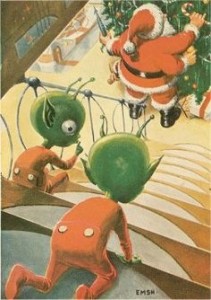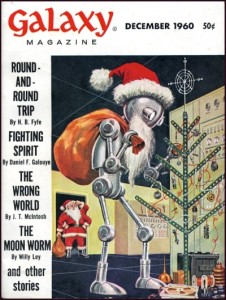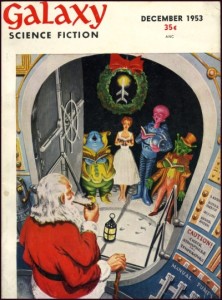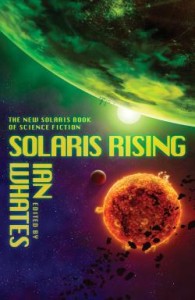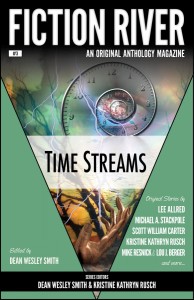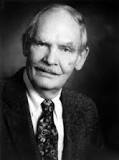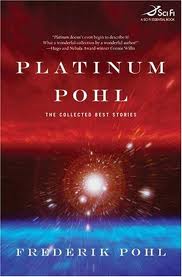A couple of weeks ago, over at Amazing Stories (TM), Paul Cook stirred up a great deal of controversy when he took some well known authors to task for writing what he viewed as something other than science fiction. The well-known included Gene Wolfe, Lois McMaster Bujold, and Sharon Lee & Steve MIller. Of course there was a reaction, including this rebuttal at Amazing by Nina Munteneau; in other places this one and this one as well. I’m sure there were people voicing their thoughts in parts of the interweb I don’t go into after dark. (Or before dark, either.)
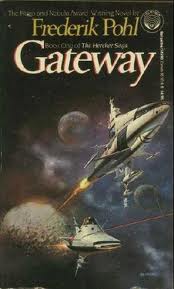 I’d already been thinking along these lines, and I’m ready to put my thoughts down in writing, if for no other reason than to get them out of my head.
I’d already been thinking along these lines, and I’m ready to put my thoughts down in writing, if for no other reason than to get them out of my head.
I like cross-genre writing. While none of you have seen any of them yet, much of the fiction I attempt to write is a blend of mystery and some other genre, with the mystery being the secondary genre. In fact the second and third longest things I’ve ever written, and the two longest things I’ve actually completed, are a science fiction private eye story and a fantasy who-done-it. You may see the latter soon. Both are too short for traditional publishing and too long for the short fiction markets.
I also like my science fiction pure, like the high end product you can only buy on the schoolyards in the rich part of town. Err…forget I said that.
Science fiction is one of those things that people can’t necessarily define, but htey know it when they see it. Kind of like Supreme Court Justice Thurgood Marshall’s definition of pornography.
Here is my definition: Any story in which the science is so integral to the story that the story collapses without it. That story can be set in the future, the past, or a time that never was or will be. The story can be a mystery, a thriller, a western, or (gasp) a romance. And of course, there’s always the scientific puzzle story. Whether the science fiction is the main genre or the supporting genre really doesn’t matter as far as this definition is concerned.
Now I personally prefer my science fiction either fairly straight, or if I’m indulging in a mixed genre, on at least equal terms with the other genre. I realize not everyone feels this way, and that’s fine. If you won’t tell me what to read, I won’t tell you where to go.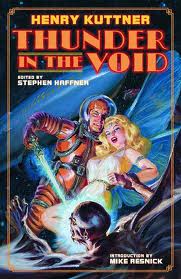
As a practicing scientist (some would say a scientist who hasn’t practiced enough), I personally prefer hard science and the scientific puzzle. I also love space opera, military sf, and a good time travel story. I’m a sucker for a rousing space adventure, especially one with well thought out aliens who are more than just caricatures of the things that used to appear on the covers of second rate pulps.
If an author is a good enough writer to put some other genre in the mix, then great! I suspect some of Mr. Cook’s objections grew out of finding someone else’s genre mixed in his science fiction. He’s certainly entitled to his opinion, and I can understand where he’s coming from, even if I don’t completely feel the same way.
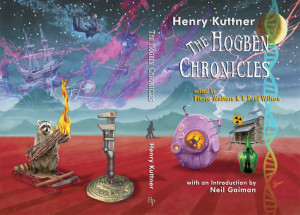 The Hogben Chronicles
The Hogben Chronicles